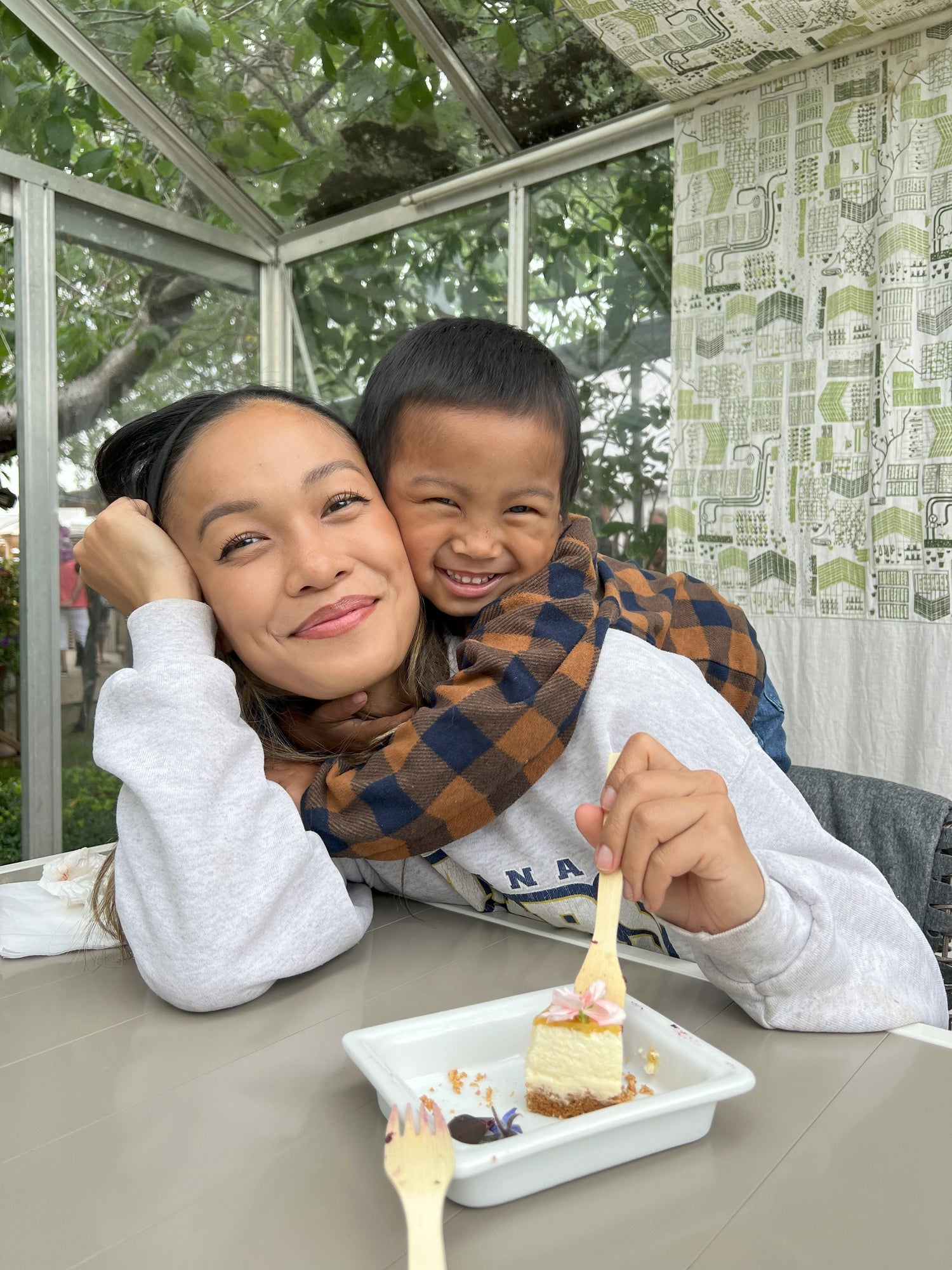By: Ida Welbourn
When your child or teen shares something with you, it's important to show that you're listening and care about what they have to say.
Here are some tips on how to respond to them in a supportive way:
Encourage them to continue: If they seem hesitant or unsure whether to continue talking, encourage them to continue by saying something like "Tell me more about that" or "I'm listening."
Confirm their feelings: Try to put yourself in their situation and try to understand their feelings. Show empathy by saying, for example, "It sounds like you feel very sad/worried/angry."
Ask open-ended questions: This helps them develop their story and express themselves freely. Avoid asking leading questions or giving advice or solutions.
Don't rush, give time to think: If you don't know what to answer or you yourself are concerned about their problem, give both yourself and the child/teenager time to think and process their situation. Say something like "I understand this is hard for you, I'm here for you when you need me" or "I appreciate you telling me, I'm happy to help you if you want."
Keep track of your own reactions: Avoid reacting emotionally if the child tells you something that you rule negatively. By asking open-ended questions, you can get more information about what is happening in the child's life. The information will help you know when you need to encourage and when you need to help
the child to solve his problem.
Invite to continue the conversation: If you don't have time to finish or need time to think, invite them to continue the conversation, e.g. "I'd like to talk more about this" or "Let's think and continue talking about it".
Specifically for teenagers:
Show that you are interested, take the time to listen and ask questions. When you signal that you have time, there is a greater chance that the teenager will continue to talk. If your teenager approaches you, take the chance and try to prioritize the teenager at that time.
Ask open and curious questions that help further but without making demands.
If there is too much focus on talking, it can have the opposite effect. A good way is therefore to ask questions at other times, for example when you are doing something together, cooking, sitting in the car or walking.
Finding a balance for teenagers usually does not want you as an adult to be completely silent, but also not to take over and talk too much.
Take it easy and be patient. Just because you, as an adult, ask questions, you cannot expect answers right away. If the teen rejects you when you try to make contact, you can say you're there if they want to talk or hang out later. However, do you notice that the teenager has started to isolate himself from you and others may
it may be a sign that the teenager is unwell and may need more help.
Do not have too high demands on yourself as an adult/parent. Assume that you are doing the best you can. The important thing is to show care and try to be available. If it becomes too difficult, there may be someone else the teen trusts who you can ask for help.





